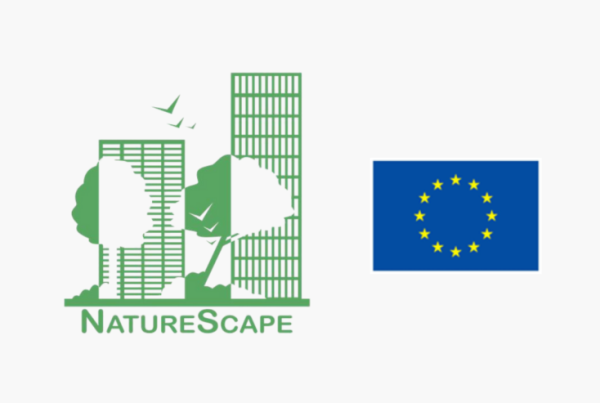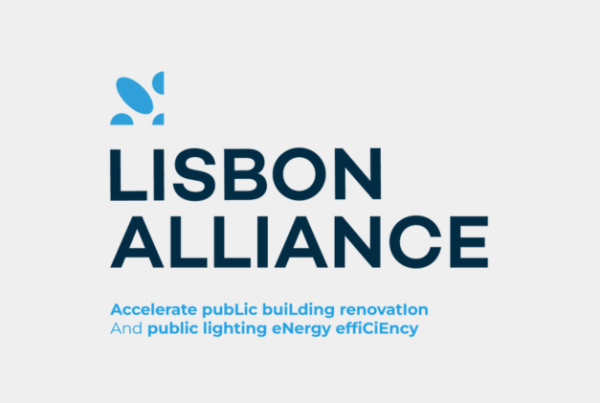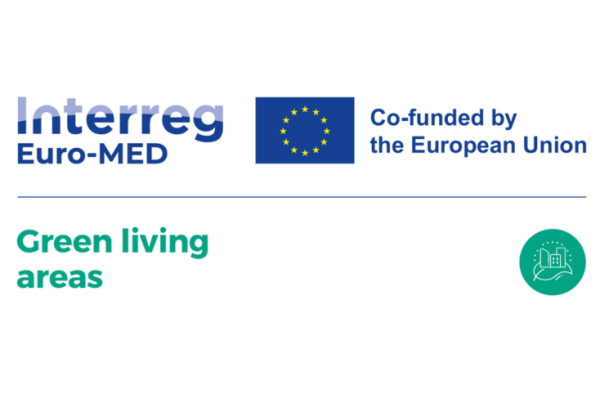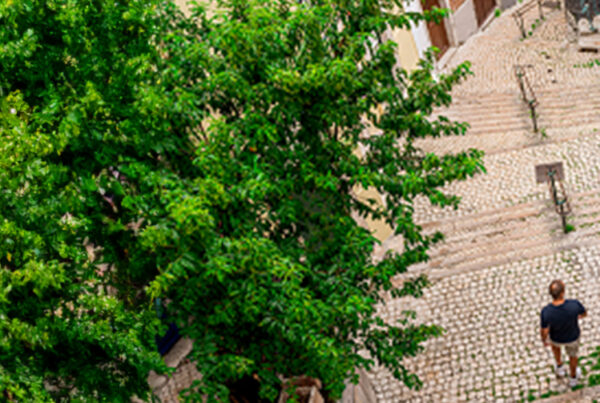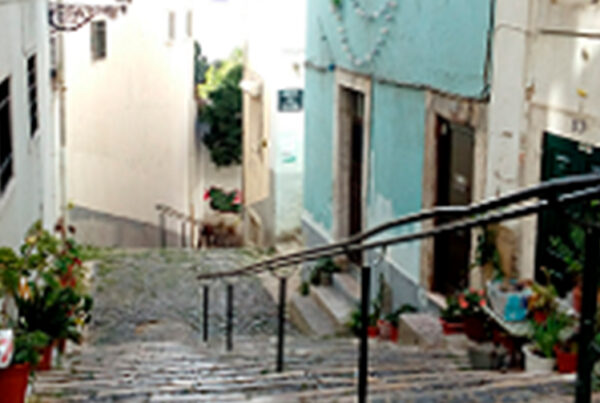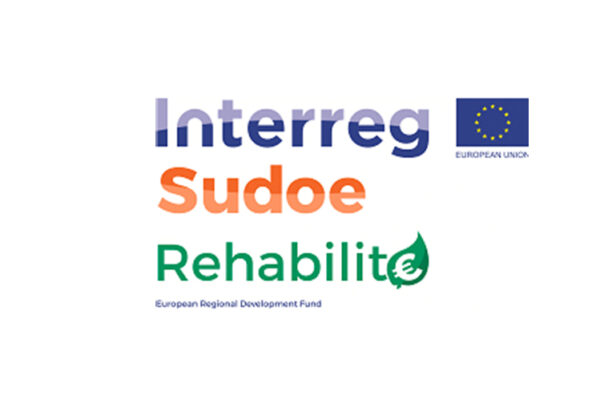Projeto Alfama Smart Sustainable District (alfa-AMA SSD)
The multi-faceted historic district of Alfama is currently facing a number of challenges: the ageing local population in contrast with a growing influx of young professionals, run-down buildings that coexist with other luxuriously renovated ones and new businesses that compete with the long-established local commerce. The objective of the alfa-AMA SSD project was to overcome these challenges and create a “more sustainable and healthier Alfama for everyone”, especially focused on implementing sustainable solutions integrating climate change and innovation in the district.
From a practical point of view, the idea was to achieve this objective by identifying and supporting the development of business solutions in Alfama, based on an approach with a strong emphasis on social innovation resulting from a participative process, in which solutions are defined through co-creation with local citizens and different stakeholders. In this context, three priority pillars had been identified and were the focus of the project: Urban Spaces that are resilient to climate change; Clean Mobility and buildings that are Resilient to Climate Change.
By using a systematic and converging approach to integrated, complementary solutions to these three pillars, the alfa-AMA SSD project aimed above all to meet the needs of those who live in and visit Alfama. To ensure that these transversal results were obtained, three main integration opportunities have been identified: Data Integration, Needs of Local Users; Ideas for Strengthening the Local Economy.
Alfa-AMA SSD project drew up an agenda which boosts the implementation of sustainable solutions, where adaptation and resilience to climate change, as well as other environmental problems, are seen as opportunities. In this context, a group of external specialists from the SSD European network supported local specialists in identifying the main opportunities, based on the current challenges of the Alfama district and with a long-term vision. The key component of this stage was the involvement of a group of around 30 entities that, considering their interests and needs, contributed towards identifying opportunities, challenges and solutions that will serve as a working basis for future projects.
Responsibility for the general coordination of the project lies with the Faculty of Science and Technology (FCT NOVA), which currently presides over the group EIC Climate KIC in Portugal.



